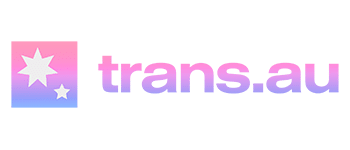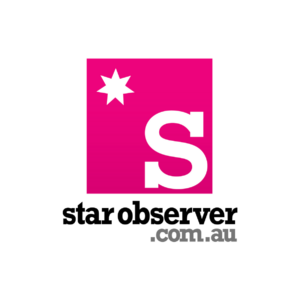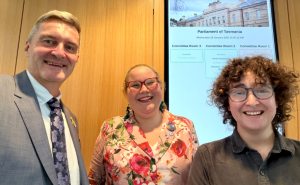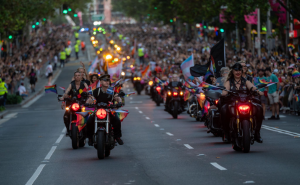Cole Shaw is passionate about helping people in the LGBTIQA+ community. As a non-binary queer person, Cole has insight into some of the issues that can affect the health and wellbeing of individuals within the queer community.
As a Counsellor at Your Community Health (YourCH), Cole can apply that understanding, along with their 13 years of professional experience, and really make a difference for LGBTIQA+ people needing support.
“YourCH offers LGBTIQA+ people a non-judgmental and affirming space to clarify and explore whatever issues feel important to them. As a Counsellor my main goal is building a therapeutic alliance with my clients and offering support that feels meaningful and impactful,” says Cole.
“This can involve building self-awareness with a focus on strength and resilience, having a safe space to talk about difficult emotions, and developing better strategies to deal with life’s many stressors.”
Cole can offer an empathic ear in helping an individual explore their sexuality and gender identity, as well as navigating the unique experiences and challenges that come with being LGBTIQA+.
Should I try counselling?
Counselling is a proven method for dealing with mental or emotional problems. An experienced, qualified counsellor can assist in recognising issues you may not be able to articulate. They can provide professional guidance and support.
Just as importantly, counsellors like Cole at YourCH, will treat you with respect and validate your concerns – something that we know doesn’t always happen in healthcare.
“I have been doing this work for about 13 years and have expertise in trauma therapies, art therapy and Gestalt counselling. LGBTIQA+ people often experience poor mental health and wellbeing as a result of stigma, discrimination and minority stress.”
“That can mean that people are hesitant to reach out for help because of these experiences, which is why it’s so important to have LGBTIQA+ specialised counselling available,” explains Cole.
In addition to their therapeutic work, in the past few years Cole has been working as an educator specifically in the trans and gender diverse inclusion space. They believe counselling is very beneficial in helping someone reinforce their self-esteem, participate in the community and ultimately have a much happier existence.
“Counselling can support people to develop a deeper understanding of themselves, accept and celebrate who they are and in turn establish healthier relationships with themselves and loved ones,” says Cole.
“It can help people manage the impacts of past trauma and make sense of difficult emotions that might be affecting their life in the present. Counselling can support people to connect with what’s important to them, make decisions and take actions aligned with their values to live a more meaningful and fulfilled life.”
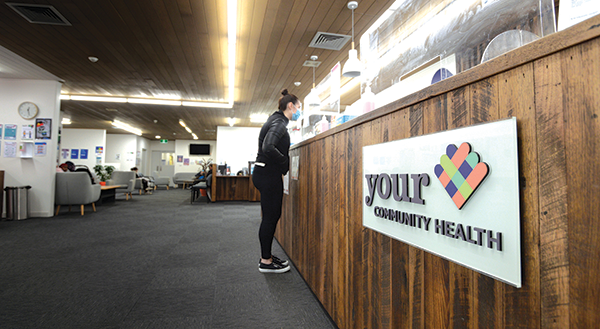
How can I access YourCH’s counselling service?
The Counselling service at YourCH is free for low and medium income earners and can be delivered in person or through telehealth video calls. You’re not required to have a mental health plan to access the service, but if you do have one, YourCH suggests you complete it.
The telehealth service, which was well used and refined during the pandemic, is an invaluable tool for Cole to help them cater to remote or disenfranchised people in the LGBTIQA+ community.
“For example, an isolated gender diverse person who wants to access counselling but, in their local community, does not feel safe to do so. Also, where driving time for a one-hour appointment is not practical,” they explain.
The wider Counselling program is constantly looking at ways to meet the needs of the community. It has instigated an art therapy program, wellbeing education sessions, and it has partnered with fellow YourCH Allied Health services to provide a health recovery program called So Long COVID for those with Long COVID.
For Cole, being a Counsellor at YourCH is fulfilling and rewarding.
“I’m so excited I get to work directly with my community and provide a space for those who might be feeling isolated or unheard. It’s also exciting to be working alongside other clinicians who are passionate about increasing access to gender affirming healthcare for the trans and gender diverse community.”
For more information, visit: yourch.org.au/our-services/medical/mental-health/
